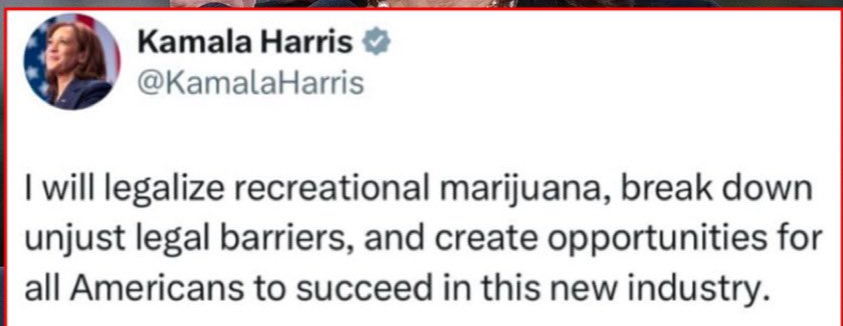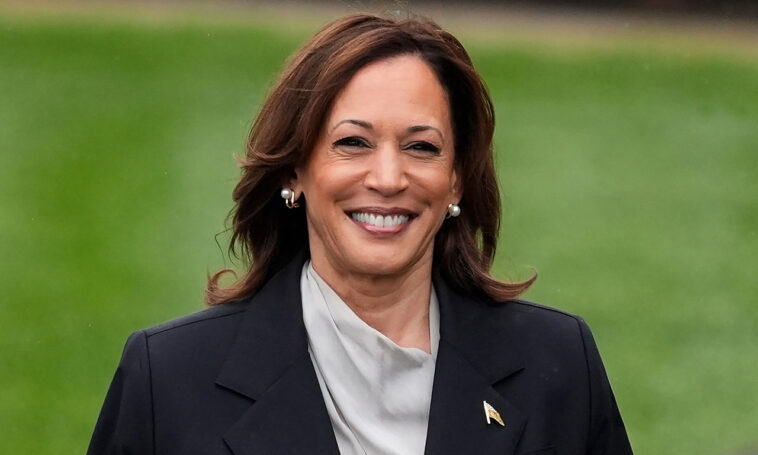Kamala Harris, U.S. Vice President and a 2024 presidential candidate, has announced her commitment to legalizing recreational marijuana if elected. She aims to dismantle outdated legal restrictions and establish an inclusive framework within the expanding cannabis industry. Her shift in stance on marijuana reflects her current advocacy for criminal justice reform and equitable economic opportunities. This promise aligns with a broader trend toward cannabis legalization, as 24 states have already approved marijuana for adult recreational use. Harris’s new pledge resonates with voters seeking criminal justice reform and supports communities disproportionately affected by past drug policies.
In a significant campaign pledge, U.S. Vice President Kamala Harris has announced that she will push to legalize recreational marijuana if she is elected president in 2024. Harris, who has made this policy a focal point of her platform, expressed a commitment to dismantling legal barriers surrounding cannabis and creating opportunities for Americans in the fast-growing cannabis industry.
“I will legalize recreational marijuana, break down unjust legal barriers, and create opportunities for all Americans to succeed in this new industry,” Harris recently stated on her Instagram and X profiles.
Harris’s stance on marijuana has shifted significantly over the years. As San Francisco’s district attorney from 2004 to 2011, she oversaw more than 1,900 convictions related to cannabis. At the time, her strict stance on drug enforcement aligned with California’s stringent laws and her role as a prosecutor. But since entering national politics, Harris has worked actively to change federal cannabis laws. In 2019, she introduced a bill aimed at decriminalizing marijuana nationwide, which marked a clear change in her approach to drug policy.

This evolving position mirrors changing attitudes toward cannabis across the country. As of 2024, 24 U.S. states have legalized recreational marijuana, indicating broad support for loosening cannabis regulations. National polling reflects a similar trend, with a majority of Americans in favor of full legalization. Supporters of this policy argue that legalization can reduce prison populations, promote social justice, and open economic opportunities in a regulated cannabis industry.
Harris’s current commitment extends beyond legalization. She is advocating for a cannabis industry model that includes marginalized communities historically affected by punitive drug policies. Her message is aimed at addressing what she calls the “historical injustices” caused by the War on Drugs, a series of federal drug policies that disproportionately targeted Black and Latino communities. “I just feel strongly people should not be going to jail for smoking weed,” Harris shared on the “All the Smoke” podcast. “And we know historically what that has meant and who has gone to jail.”
Through this initiative, Harris aims to reverse some of the





Join the Community and Be a Part of the Conversation
You must be logged in or registered to post a comment.